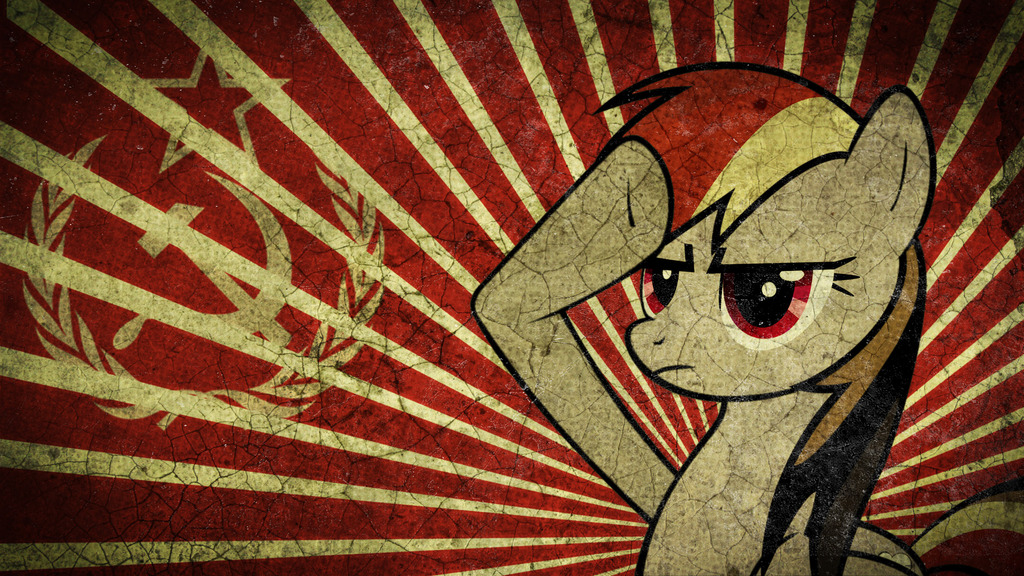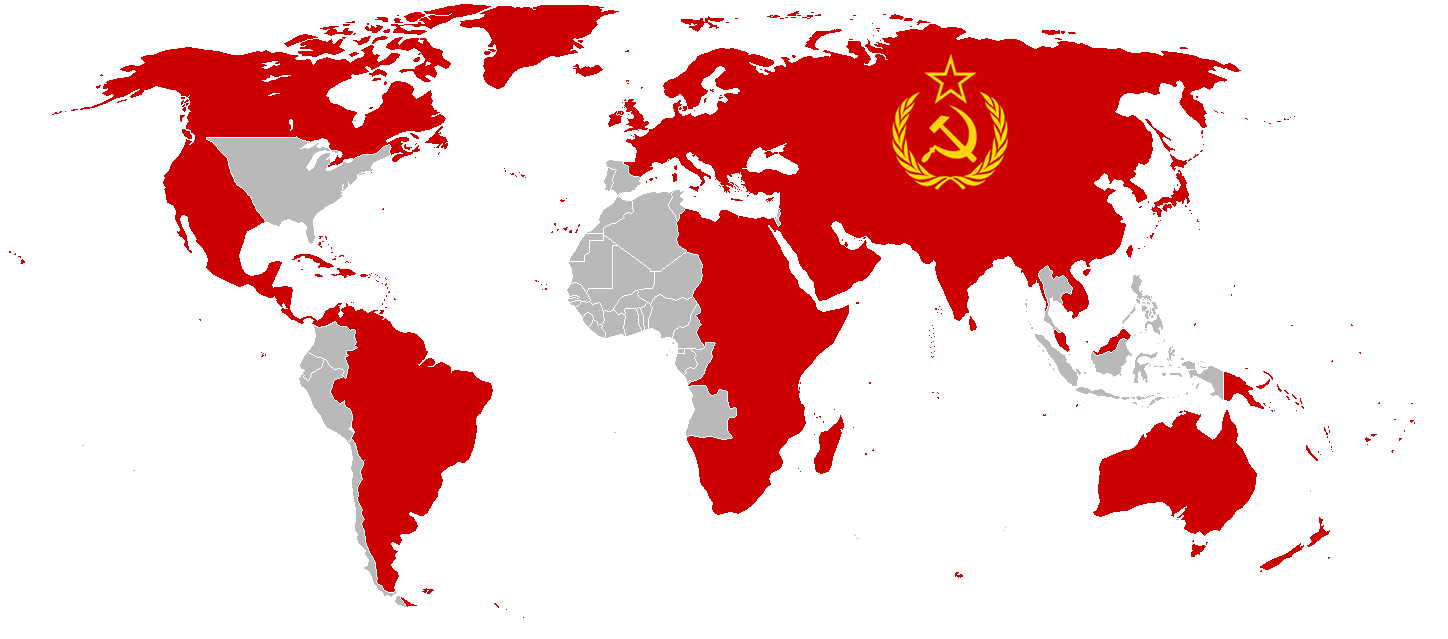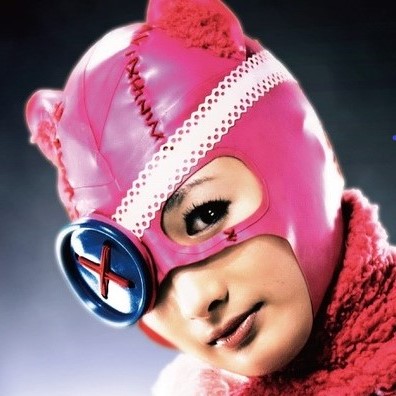Because if you spend enough time on the internet, especially the Western side, you start to hear voices of people who oppose their governments and not enough from those who support it.
Even many who are supportive tend to say that their government is authoritarian.
Thanks for the ping @GrainEater@lemmygrad.ml .
Chinese in China here, I think a better question than “Do you support your government” would be: “If the US government were to replace the CPC and current government tomorrow, would you approve?” Sorry to folks in Nordic countries (another stereotype propelled by liberals) because the US is the “beacon” that liberals use mainly.
If people from any country have no experience with living in other countries, they might be more inclined to topple their own government if their living conditions aren’t great and someone were to advocate for the toppling. Even if people read about how bad some foreign governments are in the news, some people would just brush it off as “propaganda”, they would have to see it for themselves to believe. This goes both ways for both the people of the US and China.
Comparison is a powerful tool, but some people whip out the “whataboutism” card when you try to do that, they tell you to address the problem instead of finding worse examples from other places. Indeed it’s always better to address the problem at hand, but people who scream “whataboutism” in relation to China’s issues are really saying “don’t look at worse places to make yourself feel good, overthrow the SEE-SEE-PEE regime now!”
Do I support the CPC and Chinese government? Yes and yes.
Does China have problems. Yes.
Do I need to hear from egotistical maniacs in other countries on how to handle issues in my country? No.
I’m a southern Vietnamese. I genuinely support the Communist Party and the government. But I have to say, they just let liberalism and western propaganda run rampant over here. People getting more and more liberal, most don’t even know what communism even is, they think it’s something taboo. As an average person, I barely see any effort to educate and inform the mass. That’s my one strong criticism for the government.
Yes I agree, more effort should be put into educating the masses. We can’t afford to let liberalism run its course.
What about party members? When people join the party, are they taught Marxism-Leninism?
Wikipedia says 5.3 million people are party members, which is about 5.3% of the population, so if that’s true you’d think it would spread the ideology a bit.
Another question: when you say liberalism what do you mean? Is there political correctness and that weird American identity-politics stuff in Vietnam?
I’m also a Southern Vietnamese here to answer your questions. Party members are still required to study Marxism-Leninism. You are actually tested in how well you know ML ideologies before your application to the party is approved. But deal to history, most of the core members of the politburo is from the North and the Northerner are typically more hard line ML while many Southern party members flirt with socdems and liberal ideology.
When he mentioned liberalism I think he mean the ideology and not the culture war in the West. Most people living in those socialist countries still have to struggle mostly with consequences of colonialism and capitalist imperialism and is less embroiled in identity politics like in the West. Vietnam and Cuba is still better than most of the US regarding LGBTQ issues and gender equality though.
o7
I don’t know for real but I think maybe most of party members are in the northern part. The south used to be heavily colonized by the west before it got liberated by northern folks. The situation here might be similar to Shanghai in China.
To elaborate on this, after the French Indochina war in 1954 due to the treaty with France, most of the party members in the South had to move into the North, many of them didn’t get to come back South until 1975. The Southern fascist regime also hunted down and killed a lot of our Southern comrades during the war. The lead to a big lost in the Southern branch of the party capability of organization and leadership.
In urban area where the control of the puppet regime is the strongest, they also had a lot of propaganda to brainwash the mass into anti communism. After the war, many of those same suburbanite also saw the biggest lost of quality of life due to the drop in free money from US aid and new sanctions which reinforced those past propaganda. That’s why you see a tendency for Southern suburbanite to be skeptical to hostile toward leftist ideology and have a rosier picture for capitalism.
Are you not taught marxism-leninism in school? The books Luna Hoi is translating are some sort of school textbooks, right?
From what I remembered from my highschool. You are not to taught ML fundamentals untill you are in university. However, you are taught some socialist world views and some historical materialism in both civic and history classes. Most kids wouldn’t pay attention to it since they have to focus on STEMS subjects for the university exam though 😞
In university you have to take classes in ML which will have affect on your grade so people do pay more attention to it. But unless you are major in it, most people would just forget about it after their classes to spend time doing what university students do. It’s pretty much the equivalent to mandatory civic classes in the West.
At the end of the day, while the education system in Vietnam have a more nuance view on socialism and have actual communist content (instead of the usual anti communism trash in US textbook). Majority of the time, people are simply too occupied with other things to learn it in depth.
Definitely not in school. You only learn ML in public universities, and even then it’s no way in-depth enough.
deleted by creator
Despite being a Vietnamese living in Vietnam, I’ve never met anyone that consider themself a communist IRL. People my age think money is everything. No one’s even bothered to educate themself ideologically. Older people are always skeptical of the government after being traumatized by poverty and war, combined with western propaganda.
The game shows are dumb, all of them.
deleted by creator
Nationalism does contribute to the support to the government. But The big factor for trust in any government is just material conditions that lead people to have hope that things will get better and don’t have to live in constant fear. One thing I have learned from living in the West is nothing make you trust your own government more than having to live in a malicious and dysfunctional one. That’s why I support the current government of Vietnam.
Damn. Where are you living currently? How is it going over there?
Of course China is authoritarian. It’s an iteration of the “dictatorship of the proletariat.” Lol.
To be more serious. Every single citizen of a country will have lots of complaints about their own country, even those who think most things are working ok. By sheer nature of living somewhere, you become intimately aware of its problems and weaknesses, and wants to see certain changes and improvements. Does this mean they dislike the country as a whole? Or love another country more than their own? No.
The CPC is enjoying an unprecedented high approval rating due to being a highly efficient government capable of implementing long-term plans to improvement the country. Many people have witnessed those changes with their own eyes, lived through them personally, and mostly approved of the results.
In addition, a part of the CPC’s mission is to protect and revive China and Chinese culture, which it has done so by alleviating poverty, strengthening the economy and the military, and enhancing China’s influence and reputation in the world. Not every single Chinese person is a socialist or at all interested in politics, but a great majority (even including overseas Chinese) DO resonate with that mission, with seeing how the country has improved, how traditional cultural elements are being preserved and incorporated with modern elements in creative ways in all forms of media, architecture, art works, ways of life, all the scientific achievements, etc.
Yes, there is censorship and an element of authoritarian control. Moreso in the past, and a little more relaxed in the present, but it’s definitely there. Arguably, the Chinese people is more familiar, even comfortable, with an authoritarian government (how else does one keep a vast country with huge population together throughout the thousands of years). However, because the government is vested with more power in general, the people have higher expectation for it to perform and to take care of everyone. It’s part of the Confucian social contract that hides deep in the structure of society. That being the case, when people fall through the cracks in various ways, they blame the government personally for failing them, more than a typical Western person would in a similar situation.
Also, the government makes policies primarily based on what benefits the society overall, and not the individual (by this, I do not mean ethnic minorities or classes of people, who are protected as part of a harmonious society; but the concept of individualism itself). If you’re an individual who happens to not conform with what is considered to be socially beneficial, or who wants to be disruptive in some way (and it may even be a perfectly acceptable type of disruption in the West), you would feel the boot of repression upon your neck.
With 1.4 billion people, even tiny percentage of unhappy people is tens of millions of unhappy people. Each have their own story, and justification, and many grievances are valid. Because no government is ever so perfect as to take the best care of every single person, no government is entirely free of corruption or negligence or ineptitude. The CPC has made mistakes that massively affected some people’s lives for the worse. It has also dramatically improved things in other ways. For some people, the two did not even out. For others, they imagine the West to be a shining beacon that is far better, more free, where people can truly make money and live a good life. Simultaneously, a current trend is for Chinese netizens to say they never realized how great their own country is and how much they love it, until they broke through the Great Firewall via VPN and started to see how the outside is doing.
Overall, the only way to determine how a country’s government is doing is to analyze vast statistics, and in comparison with other governments. In that light, the CPC’s numbers are pretty good, but there are always room for improvement.
Good comment!
And you joke, Blinky katt but I once sat face to face with someone as they told me that China even admits that it’s a dictatorship in its constitution. I sat there agog and incredulous, lost for words. How does someone who has made the effort of reading the Chinese constitution say some thing like that not just with a straight face but with a smirk as if they have uncovered a secret that everyone in the west knows but which nobody in China has noticed?
For reference, the text (http link) reads:
Article 1 The People’s Republic of China is a socialist state governed by a people’s democratic dictatorship that is led by the working class and based on an alliance of workers and peasants.
A lot of people in the west are trained to think “dictatorship” and “autocracy” are exactly the same thing. They don’t understand that “dictatorship” is just “those who dictate the law.”
who has made the effort of reading the Chinese constitution
Who says they had? They could have just heard it from someone
In this case, they definitely had. But there is a real problem of liberals thinking that secondary sources are enough.
For China, there’s close to a 90% approval rating. Even liberal-approved sources admit that.
https://www.edelman.com/trust/2023/trust-barometer
https://americanaffairsjournal.org/2018/02/surprise-authoritarian-resilience-china/
deleted by creator
Authoritarianism isn’t real. Every state aggressively defends its class base. If you don’t face repression from your capitalist country, that says a lot about how the state sees you.
These socialist states aggressively defend the project of socialism in their countries because it represents the working classes.
https://ash.harvard.edu/files/ash/files/final_policy_brief_7.6.2020.pdf
The survey team found that compared to public opinion patterns in the U.S., in China there was very high satisfaction with the central government. In 2016, the last year the survey was conducted, 95.5 percent of respondents were either “relatively satisfied” or “highly satisfied” with Beijing. In contrast to these findings, Gallup reported in January of this year that their latest polling on U.S. citizen satisfaction with the American federal government revealed only 38 percent of respondents were satisfied with the federal government.
As we all know. The national language of China is English and the most popular website in China is Twitter.
Generally the people I meet from such countries are here because they’re liberals. So of course I’m going to hear liberal takes from them.
Sadly I do not know many nationals of these countries. My best friend in University had a Chinese girlfriend though. The relationship really didn’t work out because she was so eager to return home, and he wanted to stay in the west. Sample size of 1, so pretty meaningless, but it’s all I’ve got for empirical anecdotes.
China: very very high, maybe 90%, their material conditions have progressed in leaps and bounds. Most people want a better life for their kids: the government is delivering that = most people are satisfied with the government’s performance
Cuba: much more mixed, people are suffering economically. Says you, “Oh but that’s the fault of outside influences”… well your particular explanation of the causes will chime with a certain percentage of the population only, there’s lots of angry anti-government people in Cuba, but they may not be a majority, hard to put a number on it
Vietnam: I have no info on this
Luna oi is a Vietnamese person who talks up their government’s efforts, the best example I can think of is the communal rice farm she works on
Depends really, my family relative in China don’t really complain about a lot to the degree about toppling the government. A lot of stuff we perceive as unthinkable in the west (a functioning public transport, low cost of living, etc) are taking for granted.
They do have complains about the bureaucratic aspect of the government and also the healthcare system (especially important for my parent’s and grand parent’s gen as they get older).
There is also a lot of generational gap that influences opinions. My grand parent’s generation are very mixed towards the party (from uncritical support to very negative) (my mother side were bandits prior 1949 and my dad’s side are landlords). My parent’s generation are more positive as they were the one benefitting the most of the reform and opening up. My generation is apathic as competition is very fierce to the point that some people don’t see career advancement as something that is doable (less interested into the governance aspect of the country)
There is also a lot of gap in opinions depending of where you are from (ei. Urban vs countryside). Since my family moved to cities throughout the generations due to the five years plans I can’t really comment on the countryside aspect of stuff
were bandits prior 1949
Envisions bar fight scene from Crouching Tiger Hidden Dragon
from what i remember, he was more like loanshark but the dude was reformed after 49
Check out Fearless Blood - it’s exactly about Chinese bandits in that era
deleted by creator
These countries don’t get polled much, so it’s hard to get a number. There’s that famous Harvard survey showing extremely high satisfaction with the Chinese government though. Opinions on these countries are going to lean negative within the western internet ecosystem. For example, the vast majority of Chinese people are posting on Weibo, Douyin, Xiaohongshu, etc. etc. rather than Twitter, Reddit, Youtube, and Facebook.
deleted by creator
I’m just vibes-posting, but I think most people in liberal democracies do not trust their politicians, and most people in AES-countries do? Don’t answer “propaganda” because liberal democracies do that far more! Maybe it is just that politicians in liberal democracies are worse! Like, I don’t think there are many non-liberal democracies who have Nazis in government, vs. vice versa.
the thing with liberal democracies are that leaders come and go, and no structural change is made. you have a little improvement when the capital isn’t in crisis, stuff gets worse when in crisis, and on and on in the endless pendulum, but stuff like housing, employment, access to quality health care and education, public safety and etc are never solved just because capitalism can’t deliver them, specially in the post soviet world, the neoliberal world where living conditions are worse overall and with not only communists party being absence but the left in general, crises are more frequent and more intense, this felling of being stuck and helpless makes people lose hope on their government or politics in general, that is why most lib-dems have so little approval.
deleted by creator
Dirty Westerner, but from polls and outside forms of public sentiment I have seen, public support of the government in China is extremely high, due to the large, until possibly recently, economic growth and decades of constant improvement in people’s material conditions.
Cuba it is not as strong, as the US blockade has prevented the strong growth China has experienced. But there is still majority support due to the Batista regime still being in living memory and the various improvements in literacy and education, medicine/life expectancy, and various forms of local democracy. There are organic and legitimate critiques, but anti-government protests are usually dwarfed by pro-government/M-26-7 protests. And usually, though this is often misrepresented by pro-western sources, the dissatisfaction with the current government is more pro-reform rather than in favor of reversion back to capitalism. Though this is one of those things that polling or any way to quantify public sentiment can very easily be twisted with framing.
Vietnam, I have less knowledge of and cannot give a summary off the top of my head with any trust in my own knowledge.

















